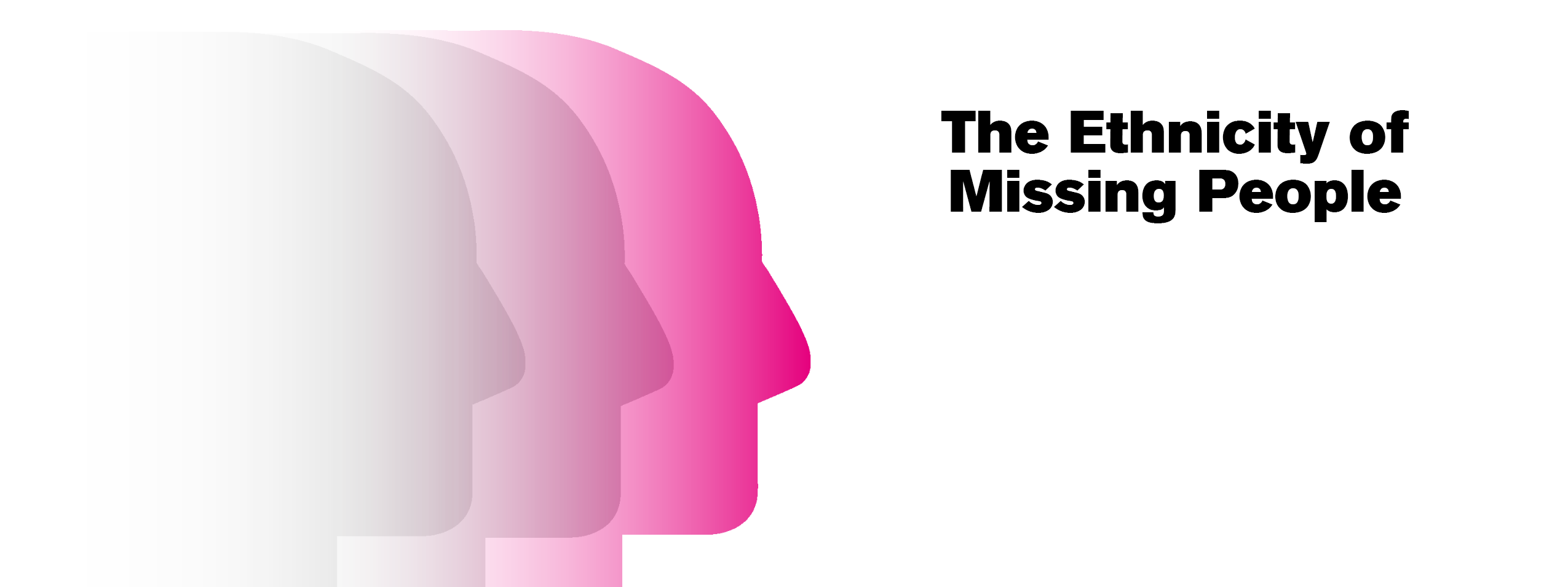7/3/2023
Based on data from police forces and local authorities, the research found that people from minority ethnic groups were missing for longer, less likely to be found by the police, and less likely to be recorded as being at risk, than white people. This is the first time that data of this nature has been collected and published.
The charity’s research suggests there is a disparity of response and bias by the institutions with responsibility for vulnerable missing people. The charity hopes the research will help police and local authorities to identify and prioritise where change is needed in their area, to ensure equitable responses to all missing people. This research follows last year’s report by Missing People, detailing the experiences of discrimination by some families with a missing loved one.
“Most disappearances represent someone in crisis, and the longer people are missing the greater the chance they will come to harm. The new research, therefore, raises serious concerns about the safety of people from minority ethnic groups who go missing. As an independent charity representing lived experience, we are calling for urgent change.”
– Jo Youle, CEO of Missing People

Black children are more likely to be missing for over 48 hours and for over a week than White children. Asian children are more likely to be missing for over a week than White children:
A lower proportion of missing incidents related to Black and Asian people going missing were resolved by the person being found by the police:
Missing people from Black or Asian communities are less likely to be recorded as being at risk by the police due to their mental health or being at risk of exploitation (children) than other people.
In order to start understanding more about the lived experience behind the new figures Missing People is partnering with the consultancy Listen Up, to explore the experiences of Black missing children.
“The findings of this report highlight a significant child protection concern, where Black children, in particular, are not afforded the status of vulnerability. Children are going missing, they are experiencing harm and at risk of further danger, but due the colour of their skin they are not provided protection. This is racism and it must be recognised as a child protection issue. All children have to the right to be protected, supported and provided with care regardless of the ethnicity and care status.”
– Jahnine Davis, founder of Listen Up
The full report is available to read below, including methodology, data tables, and reccomendations.
Sign up for emails highlighting missing appeals, information on how to share the appeals, and more information about our work. It is free to join and you can unsubscribe at any time. Find out more.